"Bringing a furry friend to your family isn't just about having a cute companion – it's embarking on a joyful journey that enriches your kids' lives in unforgettable ways."
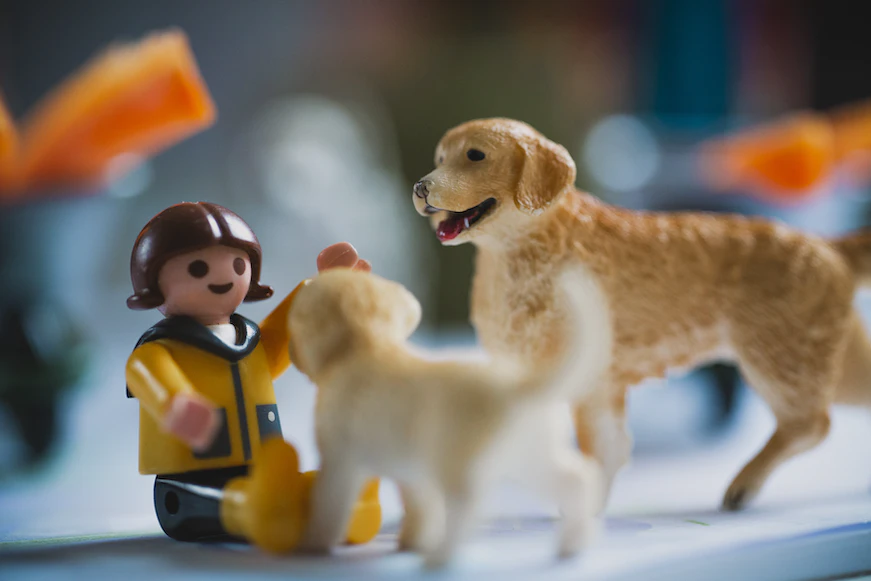
Bringing a furry friend into your household is more than just having a lovely sidekick at home. It’s a wonderful journey with lots of fun for your kids. Pets have benefits that extend far beyond cuddling and wagging tails. In this article, we’ll look at all of the wonderful ways that having a pet can help your kids grow, providing them with experiences they’ll never forget.
1. Companionship and Emotional Support
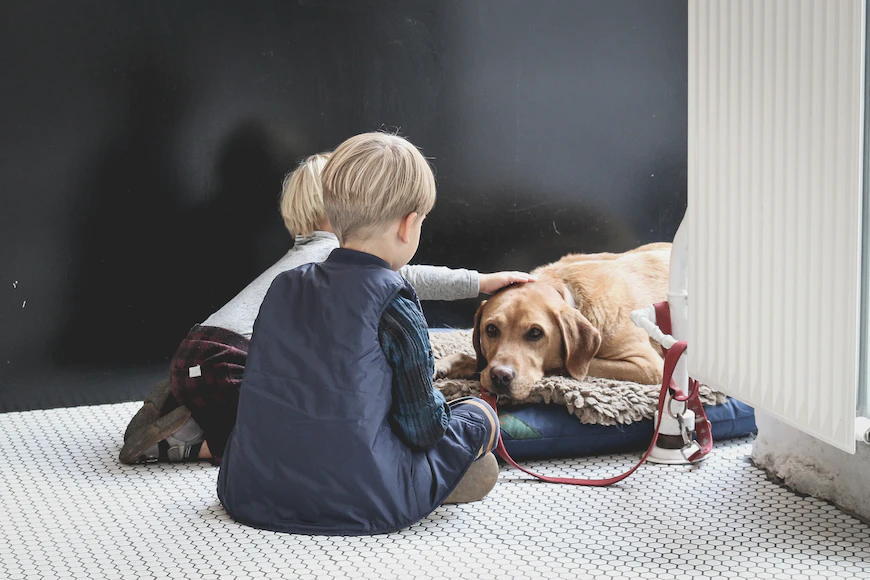
Companionship means having a friend with whom to hang out with and share experiences. For kids, having a pet as a friend is like always having someone around who will not judge them, is loyal, and never leaves. This friendship is especially precious if children feel they don’t have many friends or deep interactions with others their age or adults.
Pets such as dogs, cats, rabbits, birds, and other creatures are excellent at sticking around. Kids and their pets become close friends, sharing both happy and sorrowful times. Simply having a pet around can make your kid feel protected, reassured, and as though they’re not alone.
Pets also provide emotional support to kids in a variety of ways. They can sense how kids are feeling and frequently express affection and care when they are upset, worried, or not feeling well. This has a positive effect on emotions, such as reducing stress, alleviating anxiety, and improving mood.
2. Responsibility and Routine
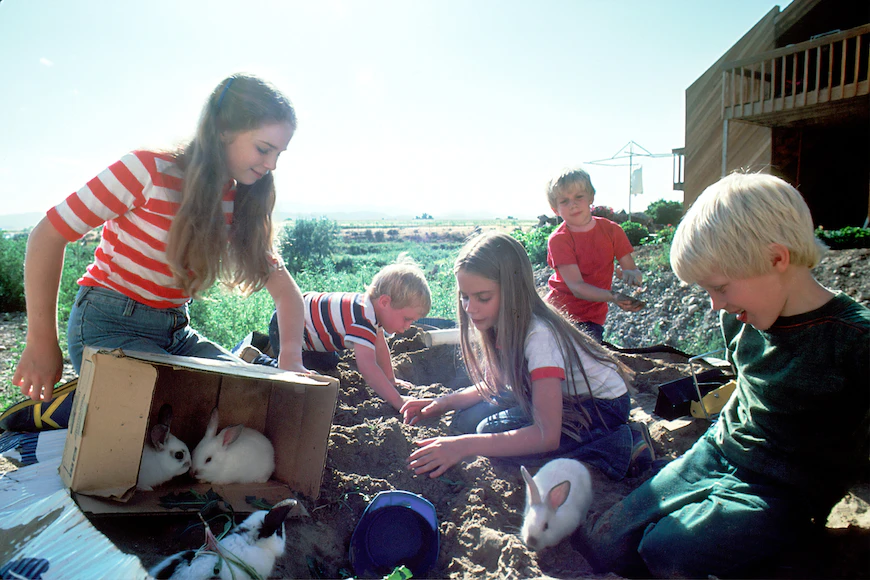
Think about having a little companion who relies on you for everything. That means you’re in charge of their meals, making sure they’re comfortable, and showering them with affection. It’s not all fun and games; it’s a lesson in being someone on whom others can rely. When you’re in control of something, you have to show up and do your job without fail. Having a pet teaches kids that skipping meals or leaving a mess may quickly lead to difficulties. It’s like getting a glimpse of what it’s like to be responsible for themselves and others.
Now think about the daily routine: kids get up, wash their teeth, eat breakfast, go to school, do homework, eat dinner, and so on. It’s like returning to a well-worn path. Now add a pet to the mix. Suddenly, they have a furry companion who relies on them to follow a regimen. Feeding pets, bringing them for walks, and playing with them all become part of the daily routine. This process teaches kids to manage time, plan the day, and be consistent. Furthermore, it prepares them for success since they understand that certain things must occur regularly in order for them to be effective.
3. Empathy and Compassion
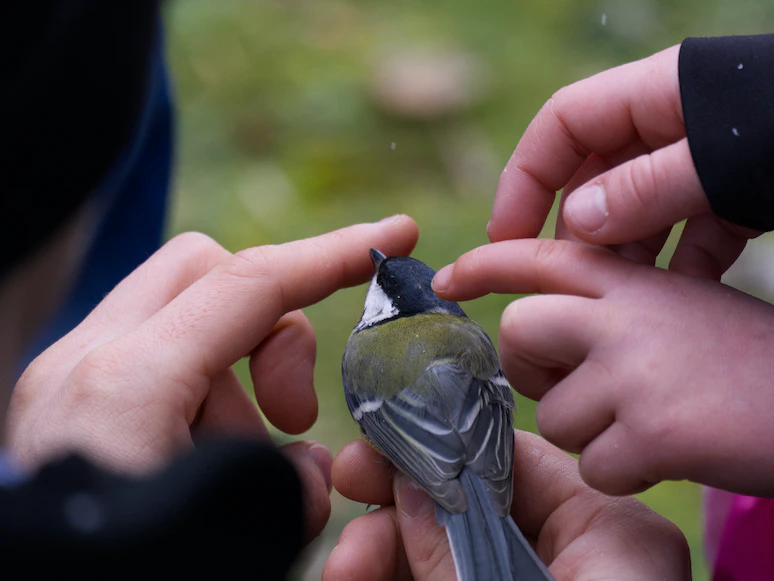
Empathy is similar to having an emotion detector built in. It’s when you can tell if someone is happy, sad, or angry even if they don’t say anything. It’s more than just nodding and trying to comprehend. It’s about genuinely experiencing those feelings alongside them. Empathy extends beyond the surface and allows you to connect with others on a deeper level, especially when they are going through a difficult period.
When your kids have a pet, they’ll learn to detect its emotions and needs. Since pets cannot communicate verbally, kids have to become emotion detectives, figuring out what they’re experiencing through their actions, expressions, and body language. Understanding nonverbal cues is similar to practising empathy. They’ll learn to comfort their pets when angry or nervous, just like they would comfort a friend who is feeling down. This helps kids develop a skill for perceiving and sharing emotions over time, which is what empathy is all about.
4. Sense of Security
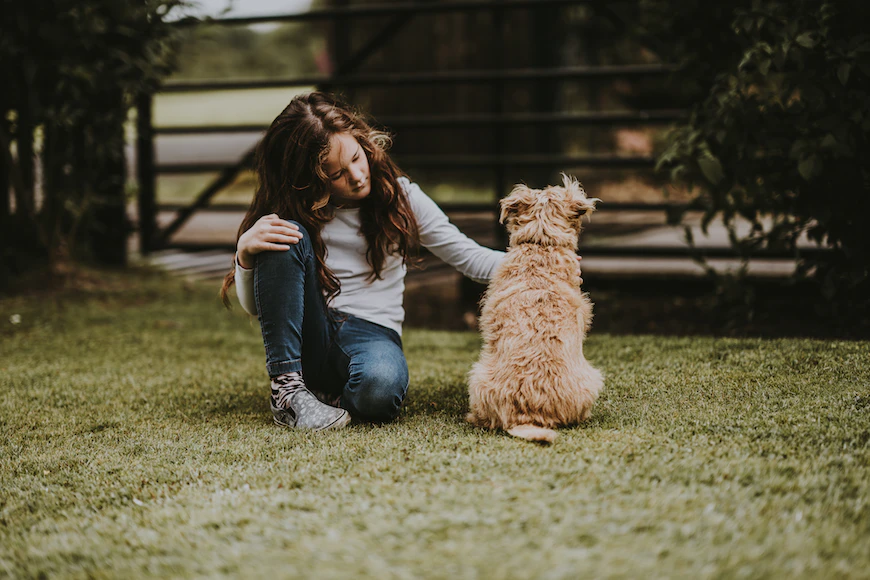
Pets can become kids’ best friends as they navigate the unpredictable journey of growing up. They’re like these wonderful invisible shields that envelop kids in a safe, loving embrace. It’s amazing how pets have this incredible ability to be steadfast pals who stand by you through thick and thin.
When your kids are in unknown areas or situations that make their heart race, their pet’s persistent presence has the amazing capacity to instil unexpected courage. It’s as if they’re the trusted sidekick, ready to join forces and confront any obstacle. They are the four-legged version of having a loyal partner, with a fluffy exterior.
5. Educational Opportunities
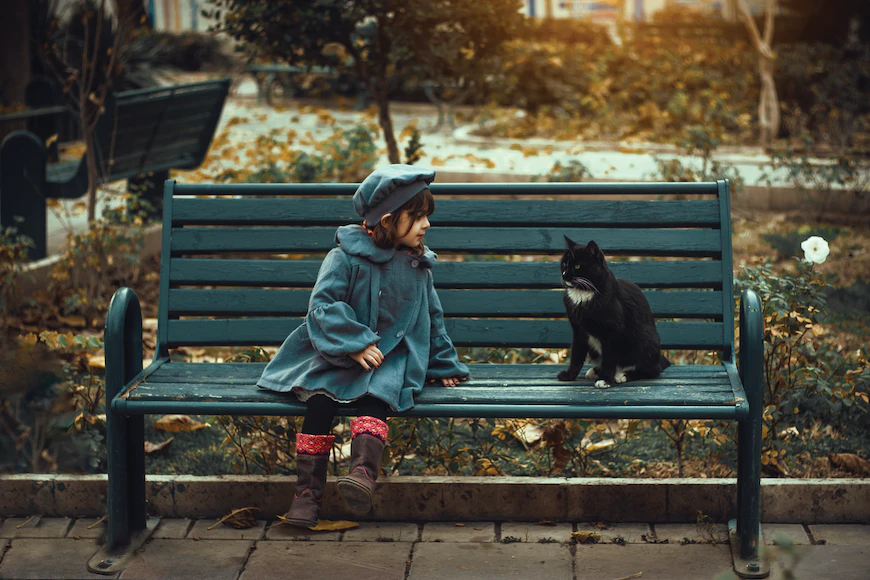
Pets provide kids with a hands-on opportunity to learn about interesting topics such as life cycles, growth, and how creatures adapt. Having a pet is almost like having a backstage pass to a highly intriguing biology class where kids investigate different types of animals, their physiology, and how they all fit into the grand picture of life on Earth.
When your kid knows and meets the specific feeding needs of their pet, they are learning about nutrition in a very practical way. Kids may learn about how different diets affect health by reading labels, conducting research, and determining what’s best for their pets. What’s more, this lesson isn’t only applicable to pets; it also helps them make better eating choices for themselves.
Having a pet teaches your kid responsibility and healthcare simultaneously. Dealing with minor health issues demonstrates the need to take proactive actions to keep healthy. Taking care of a pet is almost like a mini lesson in health care, reminding people to be concerned about the well-being of all living things.
The presence of a pet often sparks a burning curiosity in kids. It’s as if their curiosity has been awakened, prompting them to seek information through reading and research. To offer the best treatment for their pet, kids often delve into books, articles, and websites, refining their research abilities and cultivating a love of learning.
In conclusion, the article highlights the numerous ways in which pets serve as ideal companions for kids. Beyond being adorable and playful sidekicks, pets offer invaluable benefits that contribute to a kid’s growth and development. Pet companionship provides constant devotion and non-judgmental friendship, which is particularly beneficial for kids who may feel isolated. They foster empathy, offer security, and create educational opportunities.
